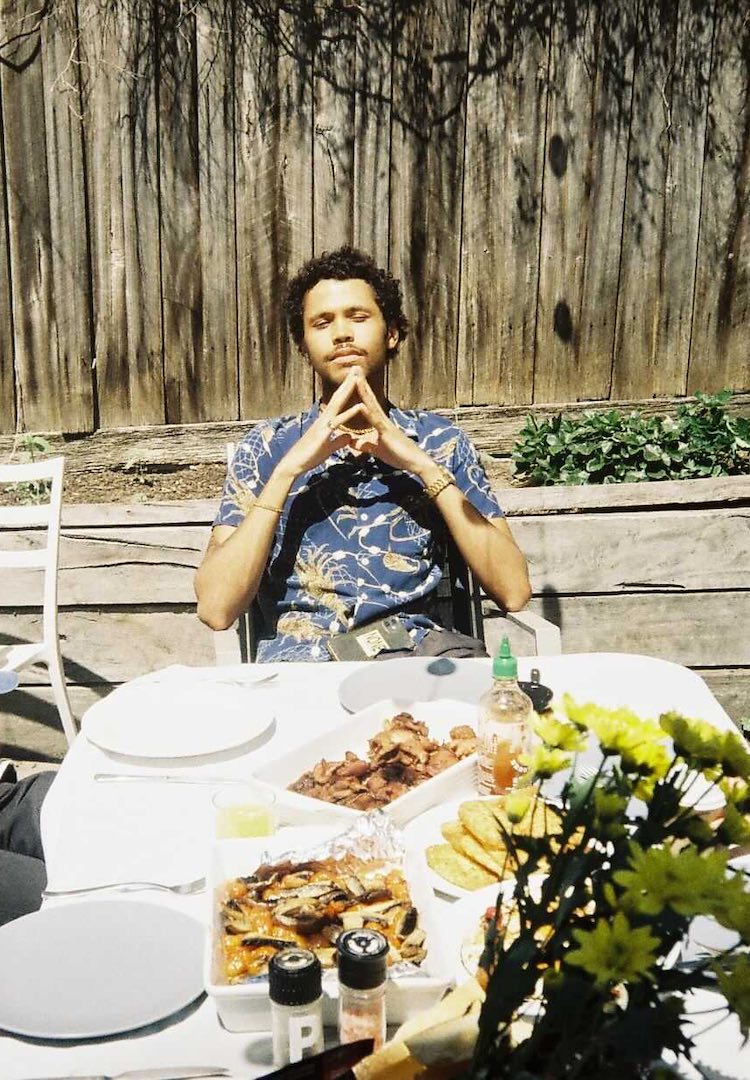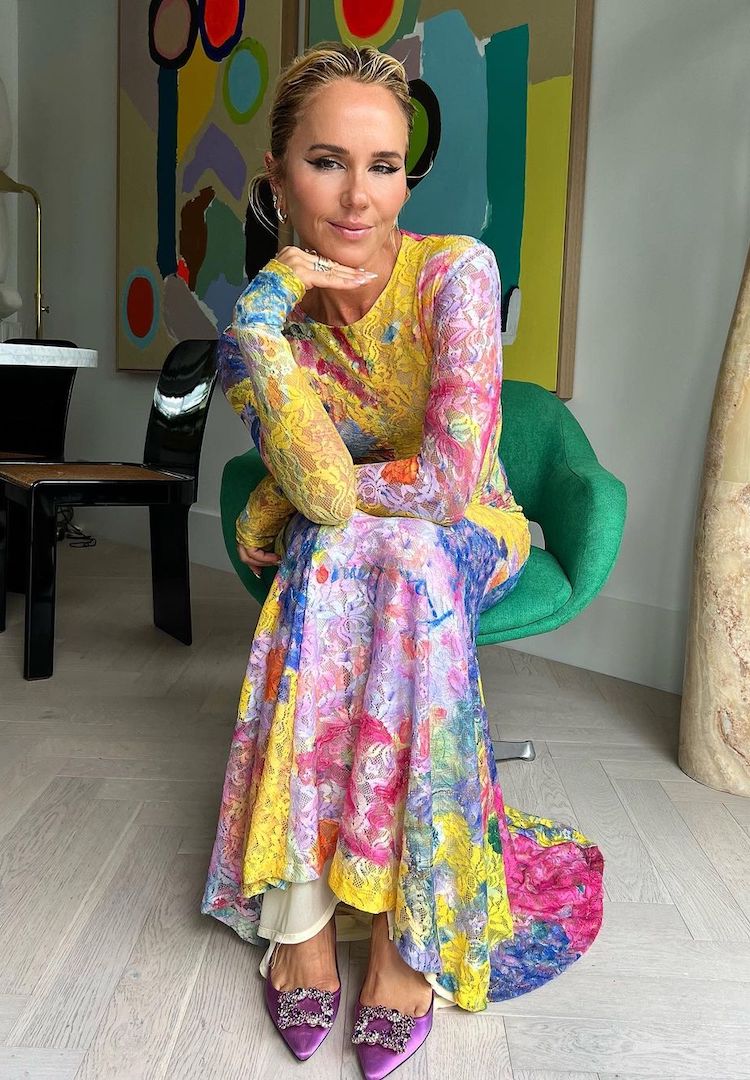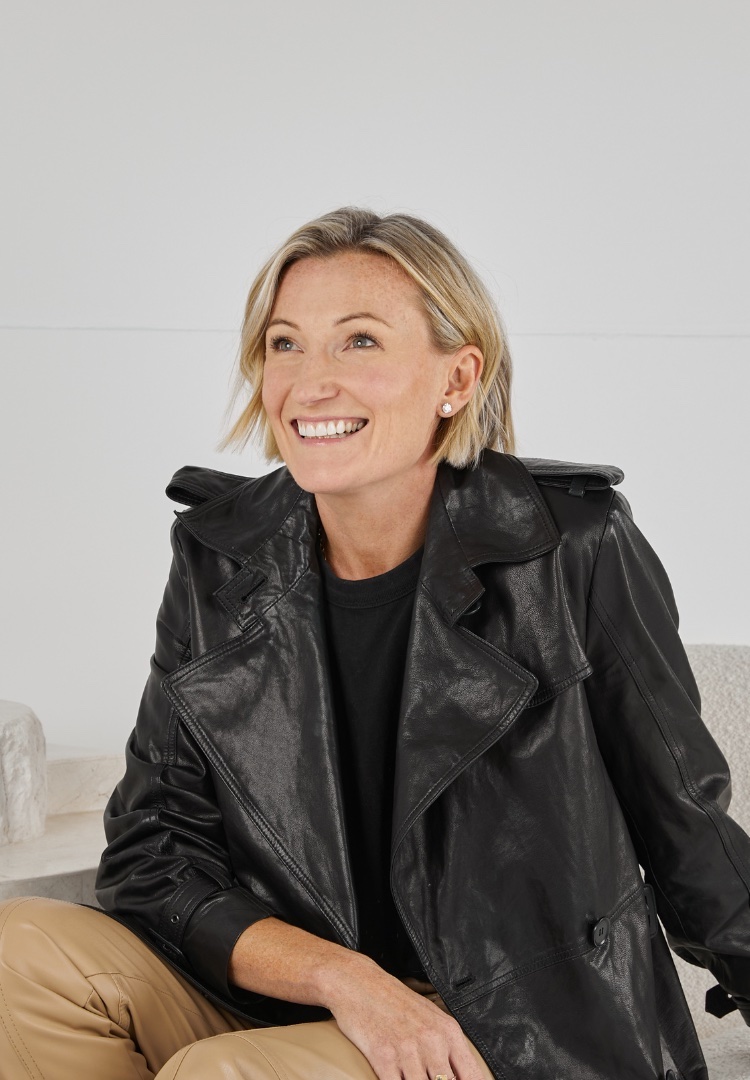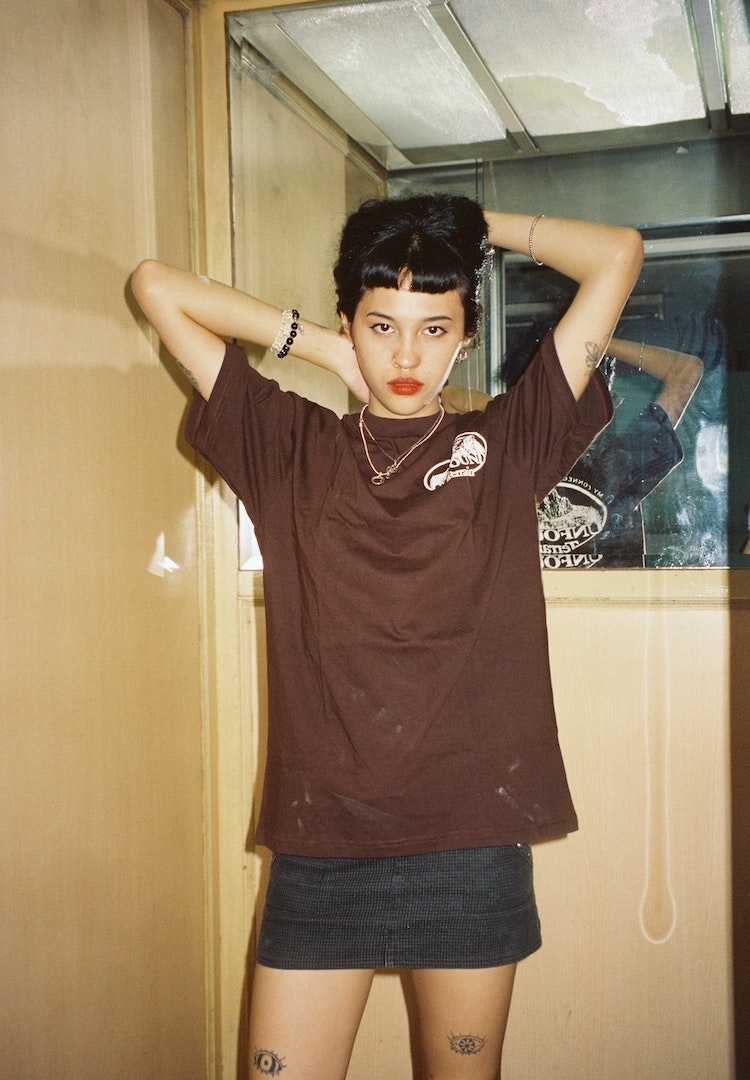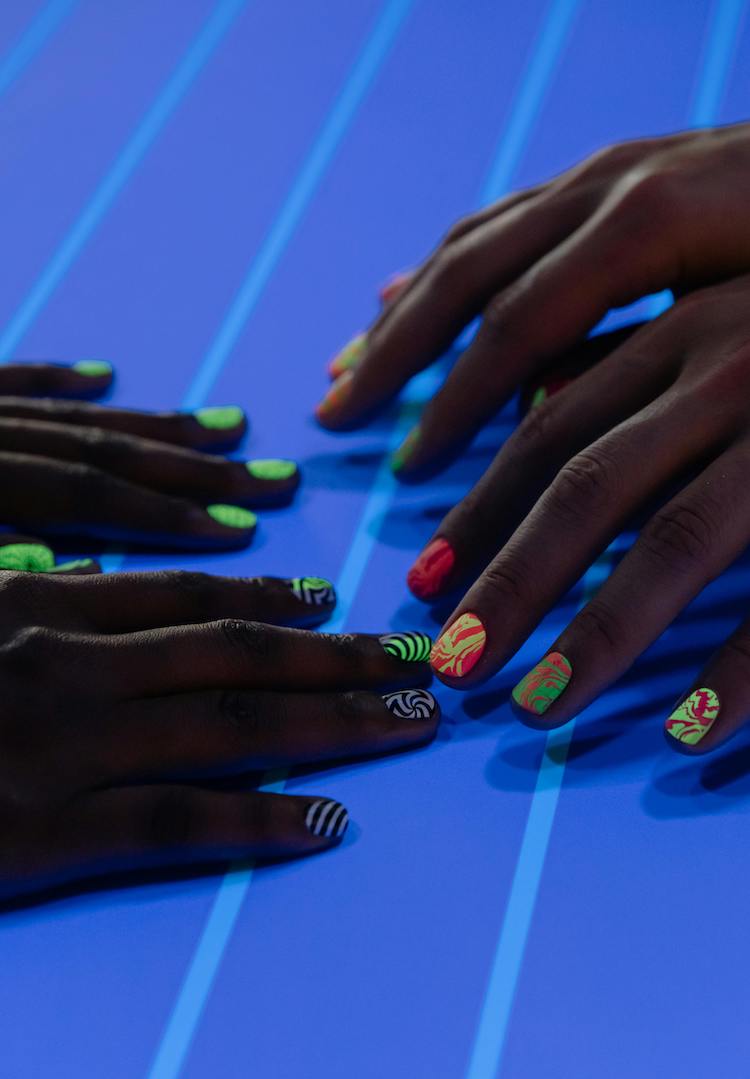How this stressed-out workaholic achieved work-life balance
PHOTOGRAPHY BY CLAUDIA FISCHER
WORDS BY HANNAH FURST
And why it’s so important to set boundaries at work.
I know I’m in trouble when I start watching YouTube videos like The 21 Hour Work Week. This will usually be followed by, Do We Need To Work 40 Hours A Week? and, Should I Leave My Stressful Job?. When I start googling ‘Quitting your day job to start van life’, then I know it’s time to reassess where I’m at work-wise.
I’m a pretty highly strung person. Classic Type A perfectionist. I give a lot of myself to my job, and throughout my twenties, I found it impossible to separate my own identity from my work. When who you are is inextricably linked to what you do, then it’s hard not to give 100 per cent. It’s hard to take your foot off the break and say, ‘My mental health is more important than staying back late tonight’.
Looking for some similarly thought-provoking reads? Subscribe here and we’ll send them straight to your inbox.
I’m also at a certain point in my life where the societal expectation is that I either have a chronically stressful career or children, or both. But what about when you’re not sure if you want either? Don’t get me wrong, I love working. I just don’t like sacrificing all the other things I love for work.
I love to travel. I love hiking. I love heading to the park on a day off and reading a really good book. I love doing creative projects that make me no money. I love ordering a coffee via Uber Eats and lying in bed until midday binge-watching Netflix. I also really love my mental wellbeing.
When I’m working long days, leaving the office when it’s dark, eating like shit, never exercising, guess what happens? My mental health suffers big time. Put pressure and unrealistic deadlines on top of that, and I very quickly spiral into chronic stress, and eventual burnout.
I recently interviewed psychologist and stress-management expert Thijs Launspach for my podcast Single Minded on the physical effects of chronic stress. I had recently come out of a period of chronic stress and insomnia. I was on the verge of burnout and made some really massive life changes to bring more balance to my working-from-home-living-at-work life. I discovered Thijs through his Ted Talk, How Stress Is Killing Us (And How You Can Stop It), another YouTube classic.
Chronic stress can lead to the long-term activation of ‘fight or flight’, also known as the stress response. In this state, your body releases hormones, including cortisol and adrenaline, which results in a chain of reactions that increase heart rate, blood pressure and breathing rate. According to the Mayo Clinic, prolonged periods in this state can lead to serious health consequences, like anxiety, depression, insomnia, digestive problems, headaches and even heart disease.
I’ve learnt a thing or two from my dalliances with chronic stress and many hours spent in YouTube rabbit holes, as well as from Thijs’ tips on how to better manage stress (that don’t involve quitting your job and buying a van).
Firstly, I decided it was time to set some *healthy* boundaries. I work in content and social media and it literally never stops. If I don’t set boundaries, I would work every waking minute. It took me 10 years of working to finally stop checking my emails outside of work hours. After all, if something urgent comes up, I have a nifty little device called a mobile phone that can be used in an emergency.
Secondly, I started working on personal creative projects. You know, one of the things I love but which makes me no money? Some people call these ‘hobbies’, and I’m hoping one day I can actually make some money out of my hobbies. The dream, right? But I soon found I was working at night and on weekends after a long week at my day job.
Usually, I would’ve sucked it up and stretched myself too thin. I would’ve said to myself, ‘But I can’t possibly drop down to four days – no one does that!’ And eventually, stressed out and underslept, I would’ve given up on my creative projects. Instead, I decided that I could only give my company four days of my time, and Fridays would be spent working on projects that were personally fulfilling. So I decided to ask them the question. What’s the worst that could happen? They say no?
But they said yes, and I’ve never been happier in a job. I know not everyone can drop down to four days (one of the joys of a single, childless life and a job that pays enough for me to survive on fewer days), but if you’re working crazy hours and it’s leading to burnout, you can have a conversation with your boss about what works for you (as well as the company). And if your workplace isn’t willing to place value on your mental health, then maybe it’s not the right workplace.
Thirdly, I stopped making excuses. I stopped being too busy to exercise. I stopped being too busy to cook healthy meals. I scheduled time to do absolutely nothing. I shut my computer down at 5pm. I tried to stop using my phone late at night (which I failed at miserably). I went to one yoga class (I have to stop trying to make yoga happen). I stopped wearing ‘busy’ as a badge of honour; I actively told people how good I felt doing less. And for the first time in my life, I feel like I have found that elusive work-life balance.
Hannah is a content creator from Melbourne. She works in the beauty industry, and in her spare time hosts Single Minded, a dating podcast that’s flipping the script on being single. When she’s not creating beauty content, you’ll find her somewhere remote backpacking overseas – preferably with no WiFi to get a much-needed break from Instagram. Follow her addiction to serums and travel on Instagram here.

